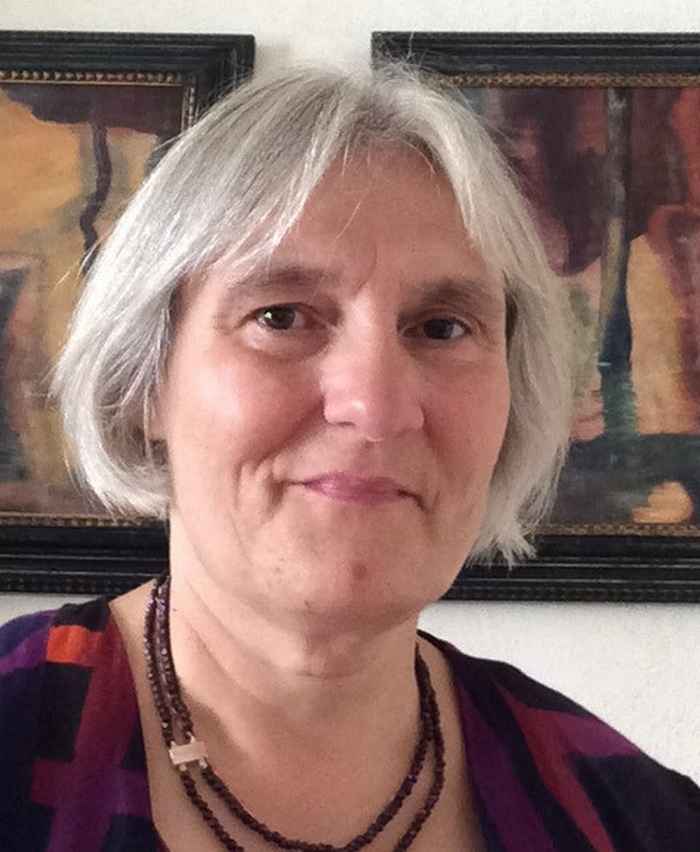Dissertation Defense: Carine Alders
- Date
- 29 October 2025
- Time
- 14:00
- Location
- Aula - Lutherse kerk

This thesis examines the lives, works and networks of composers in the Netherlands who were persecuted by the Nazis. The first section deals with the interwar period and factors that blocked access to music historiography. The second section deals with the impact of Nazi rulings on performing opportunities, source production, networks and narratives. The third section addresses how performance opportunities were influenced by a national narrative on victory and resistance, causing victims of the Holocaust to be largely excluded from commemoration. With the help of biographical research and a network approach, this dissertation uncovers aspects of the history of composing in the Netherlands that have received little attention so far. Guided by Michel-Rolph Trouillot’s theory on silencing in historiography it looks at performing opportunities, source production and narratives, and adds network analysis. Following theories on canonisation by Kerman, Caswell and Citron, this thesis also focuses on documentary recuperation to broaden the canon of composing in the Netherlands.
